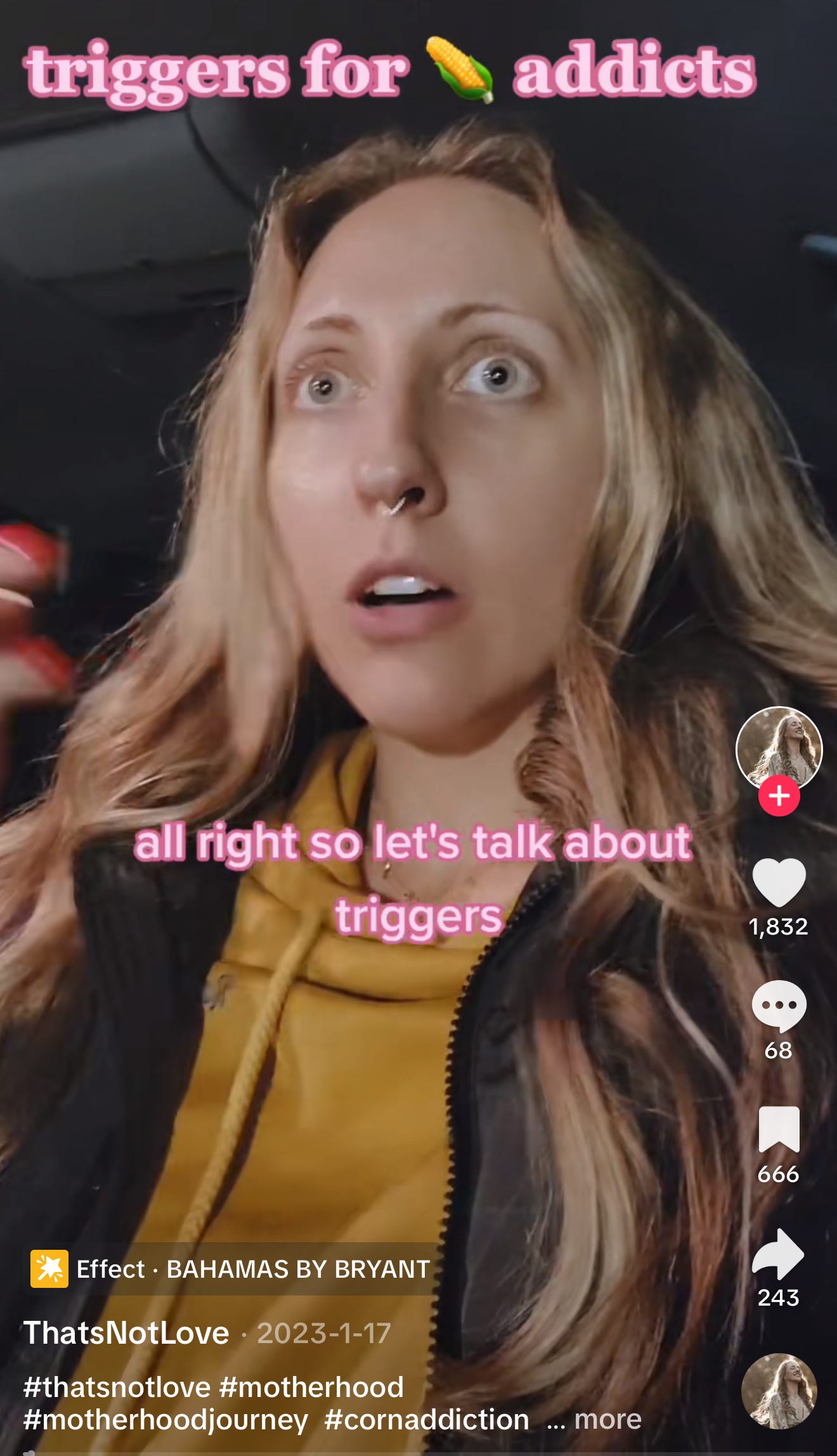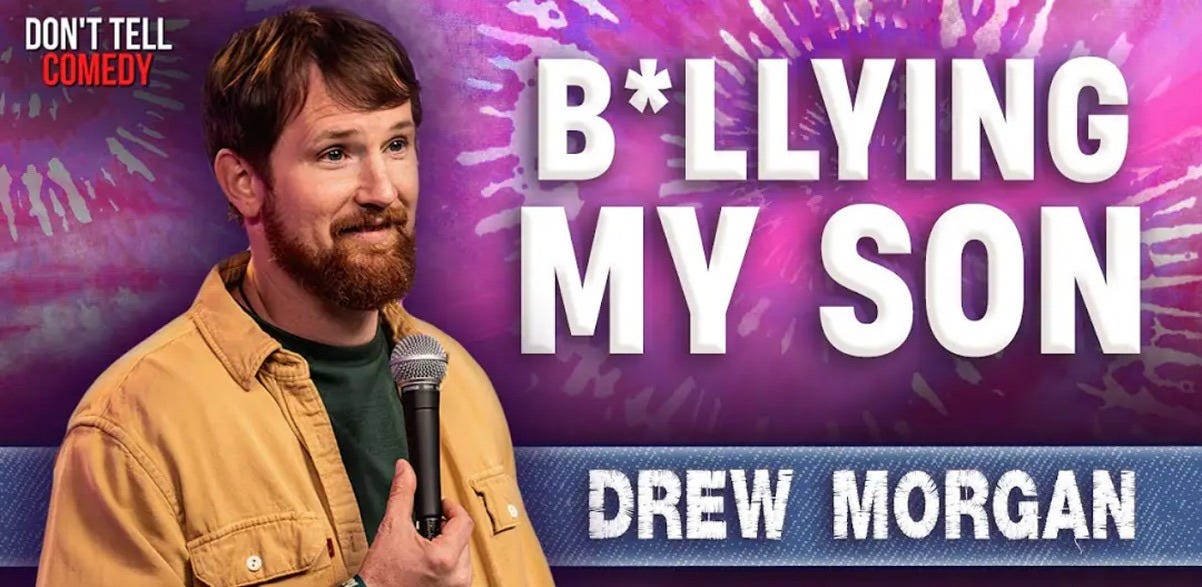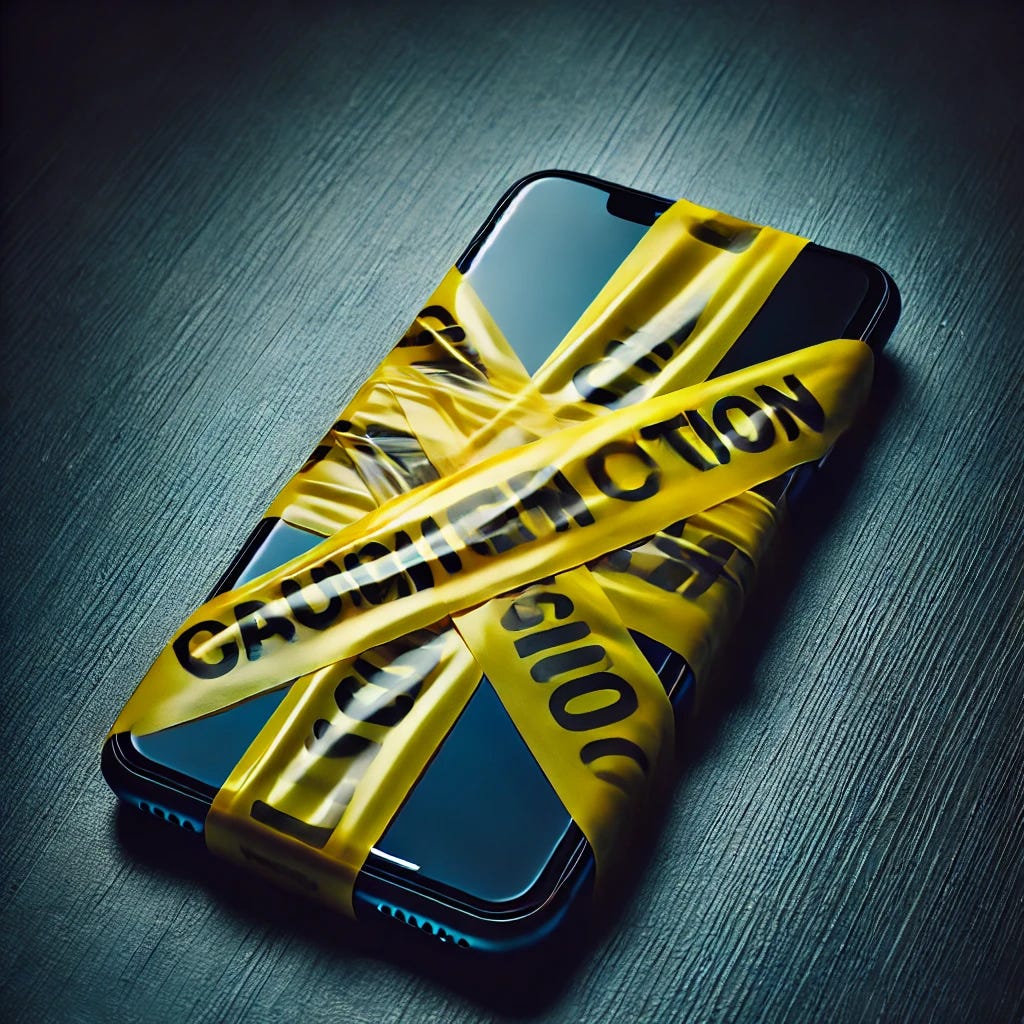The Scourge Of Social Media Self-Censorship
Be careful, the algorithm is watching
I’m an Elder Millennial, which means I remember a world before the internet. My family got our first PC when I was ten years old (A Gateway. I thought the cow pattern design was very cool), so I had a decade of life under my belt before I ever logged on. That’s a decade of talking to people face-to-face, buying things in stores, ordering food over the phone, and sending mail through the postal service. I remember it all.
I also remember what the internet promised when it first arrived. It was going to be a techno-utopia where you could bypass traditional gatekeepers, share unconventional thoughts and opinions, and express yourself freely in a way that the real world wouldn’t allow. Through the miracle of modern digital technology, you’d be free and unencumbered to become your true, authentic self. Nothing was going to stop you from saying the things you wanted to say, and sharing the things you wanted to share.
But, like most utopias, what eventually came about was far from the proposed ideal.
Yes, plenty of people (Too many, one might argue) have found a voice online in the last 30 years, people who would otherwise be languishing in obscurity. On the surface, the promise of free expression brought about by the internet has been fulfilled. But dig a little deeper and you’ll find a restrictive set of rules and norms that would make even the most censorious 1950s schoolmarm blush.
Have you ever been scrolling through your video platform of choice (Whether it’s TikTok, YouTube, or, for some inexplicable reason, Reels) and noticed that there are certain words you just can’t say? I’m not talking about the obvious, Carlin-esque ones. Those have been verboten for decades. I’m talking about words that are relatively benign amongst adults, but for some reason have become risqué online.
You can’t say “Kill.” You can’t say “Sex.” You can’t say “Weed.” You can’t say “Porn.” Instead, you find people using awkward substitutes, both in speech and in subtitles. “Kill” becomes “Unalive.” “Sex” is now “Seggs.” “Weed” is “W€€d” with the Euro symbol acting as a substitute for the letter “E.” “Porn,” for whatever reason, has been replaced with the corn emoji.
“Who’s addicted to ears of corn?” I thought to myself, before the intended message finally sunk in a few moments later.
Now, why is this happening? The answer can be summed up in two words: Brand Safety. Monolithic companies like Alphabet, Meta and ByteDance aren’t operating these video platforms as a form of charity. They’re obviously intended to generate insane amounts of revenue. If users aren’t being charged a subscription, advertisers need to be brought in to fund the service. And companies like Dove and Nike and Coca-Cola don’t want their videos and ads showing up next to content that might be deemed “unsafe” for brands to be associated with. So the platforms have to suppress any videos that might fall into the “unsafe” category, and they do this by filtering for words like the ones mentioned above. They typically do this with AI, scanning both video content and text for any potential violations. But since AI doesn’t fully understand context, it just blanket flags these videos and moves on. Better to be Brand Safe than Brand Sorry.
This is how the supposed new frontier of free expression was turned into a hipper version of LinkedIn over the course of two decades. The companies funding the content got priority over the users who generated it, full stop. And why not? The users aren’t the ones paying the bills. Geico is.
Comedians have been hit especially hard by this new world of censorship. I die a little inside every time I see a comedian on TikTok telling a joke about an “awkward seggsual encounter” they had. It shouldn’t have to be like this. Not everything has to be safe for everybody. When writing and sharing material, comedians shouldn’t have to worry if a particular subject is going to get their content demoted within the algorithm. They should be worrying about whether the jokes are funny or not.
I encountered the nadir of this phenomenon a few months ago when I saw the below thumbnail for a YouTube video posted by the stand-up channel Don’t Tell.
Bullying? Really? Bullying is too crude to spell out in full? But under this new regime of Brand Safety, of course it is. Bullying is a sensitive topic, especially online, and brands don’t want to be within ten feet of it. So anything that mentions bullying, even in the clearly absurd context of doing it to your own child, automatically gets labeled as “unsafe.”
And this isn’t me knocking Don’t Tell for doing this, or Drew for being associated with it. It’s a great set and you should watch it. They’re just playing by the rules that have been laid out for them, because they need to rack up views in order to become financially successful. It’s not even about the financial rewards, really. By engaging in this sort of self-censorship, they’re ensuring that more people see the video and become exposed to the work, which is the ultimate goal of any serious artist. It’s just an absolute shame that this is what is needed to get your work out there. What was supposed to be an avenue for free expression has now become a place where you can’t say words that wouldn’t be an issue on primetime network television. YouTube has become a more restrictive place for artists than ABC on a Tuesday night.
Like most problems related to technology, I have no solution to present here. All I can do is complain. My only suggestion is to spend more time patronizing platforms that don’t engage in this type of nonsense. Elon Musk’s Twitter/X has a pretty liberal (In the classic sense of the word) free speech policy, which has its positives and negatives. Sometimes you end up with a Kanye West “Early Life” rant on your hands, but on the whole I find that Elon’s approach has made the platform more uninhibited and enjoyable. Admittedly, this could also be attributed to his purchase causing all the leftist scolds to self-deport to BlueSky. Either way, no one is looking over their shoulder when they type anymore, and that leads to better content. Sometimes I remember the hall monitor mentality that dominated Twitter in the 2010s and I shudder. I don’t want to go back to that.
Substack also does a fantastic job of letting users say their piece. I mean, some people post straight up erotica on this website, and it doesn’t get them flagged or shadowbanned. There are also plenty of heterodox political opinions, both on the right and the left, to be found here. There’s something for everybody. I believe this can be attributed to the subscription model employed by Substack and other platforms like Patreon. The service is funded by the users, and the users don’t care what Doritos thinks about their content.
I have no neat bow to tie this essay up with, no final point to be made. All I have is another example of how technology, with all of its promise of a better world, ends up creating new problems after solving old ones. It’s not the first instance, and it certainly won’t be the last.





I appreciate your take. I'm one of those "free speech" types. I used to subscribe to SPY Magazine in the late 80s. No way could such a funny magazine be produced today. They ragged on everybody. That's the way it should be.
Great observations - many platforms pull users in with the promise of expression and authenticity, only to deprioritize it with draconian moderation policies. I also agree that the best remedy is platforms like Substack, which don’t use the ad-based model.